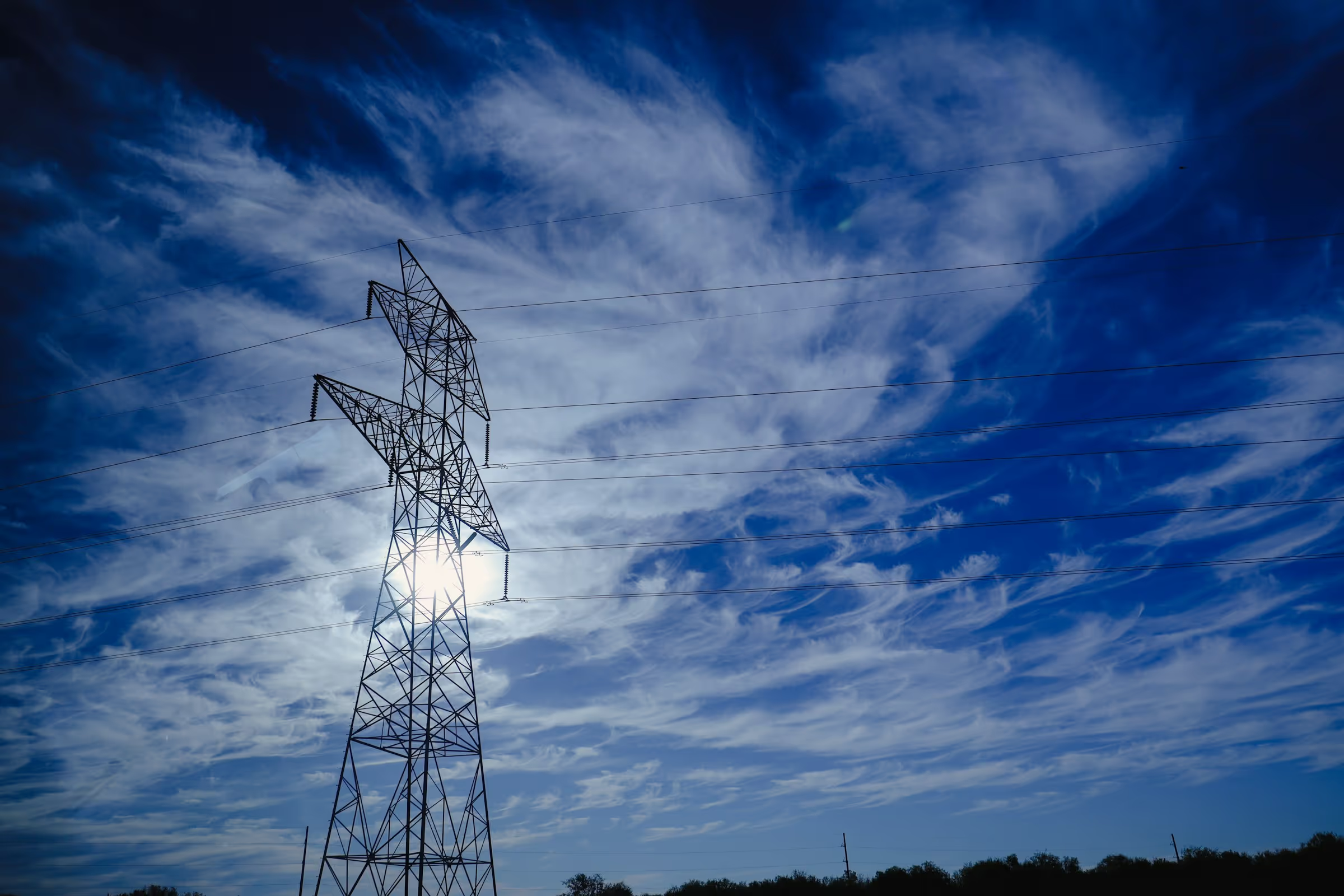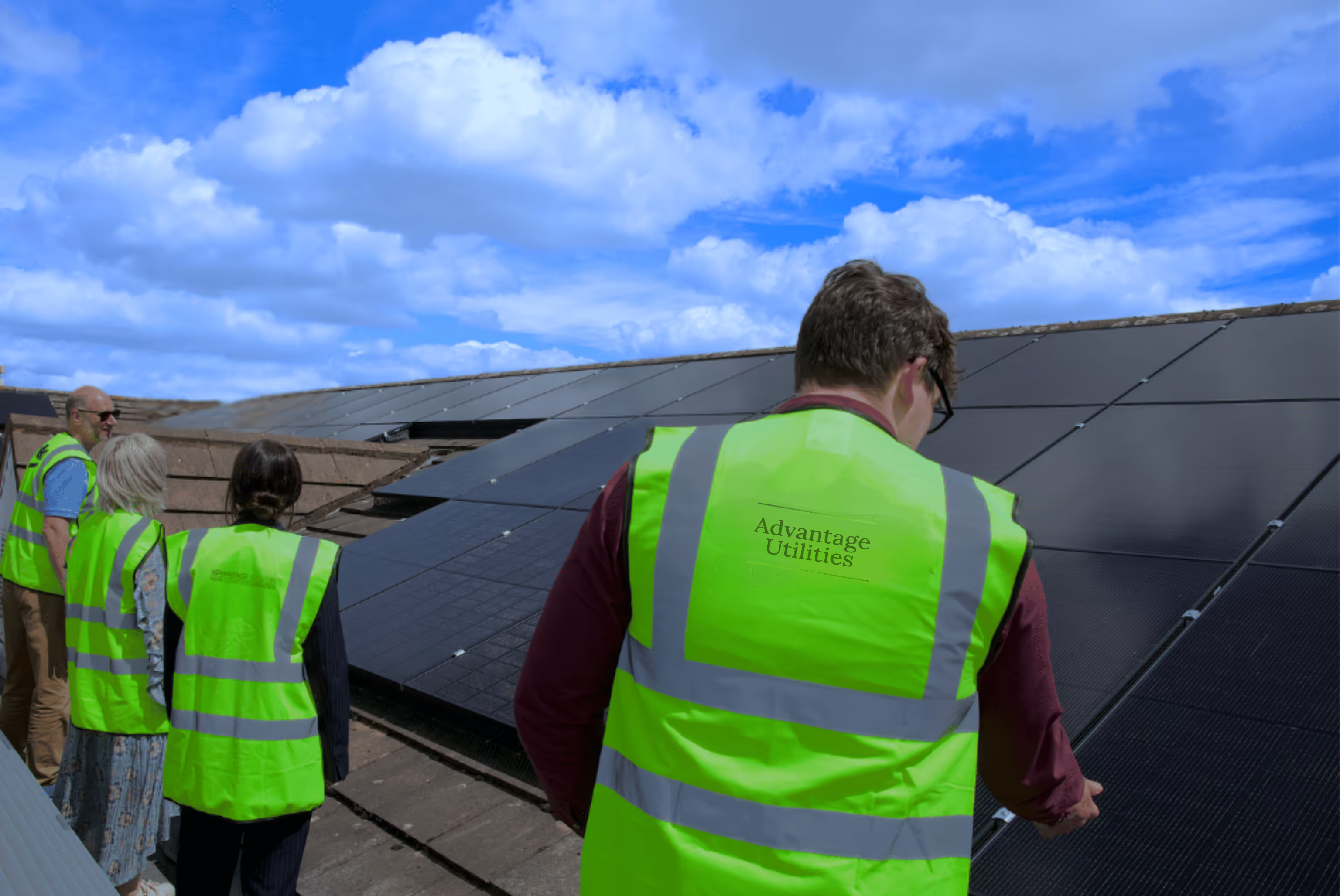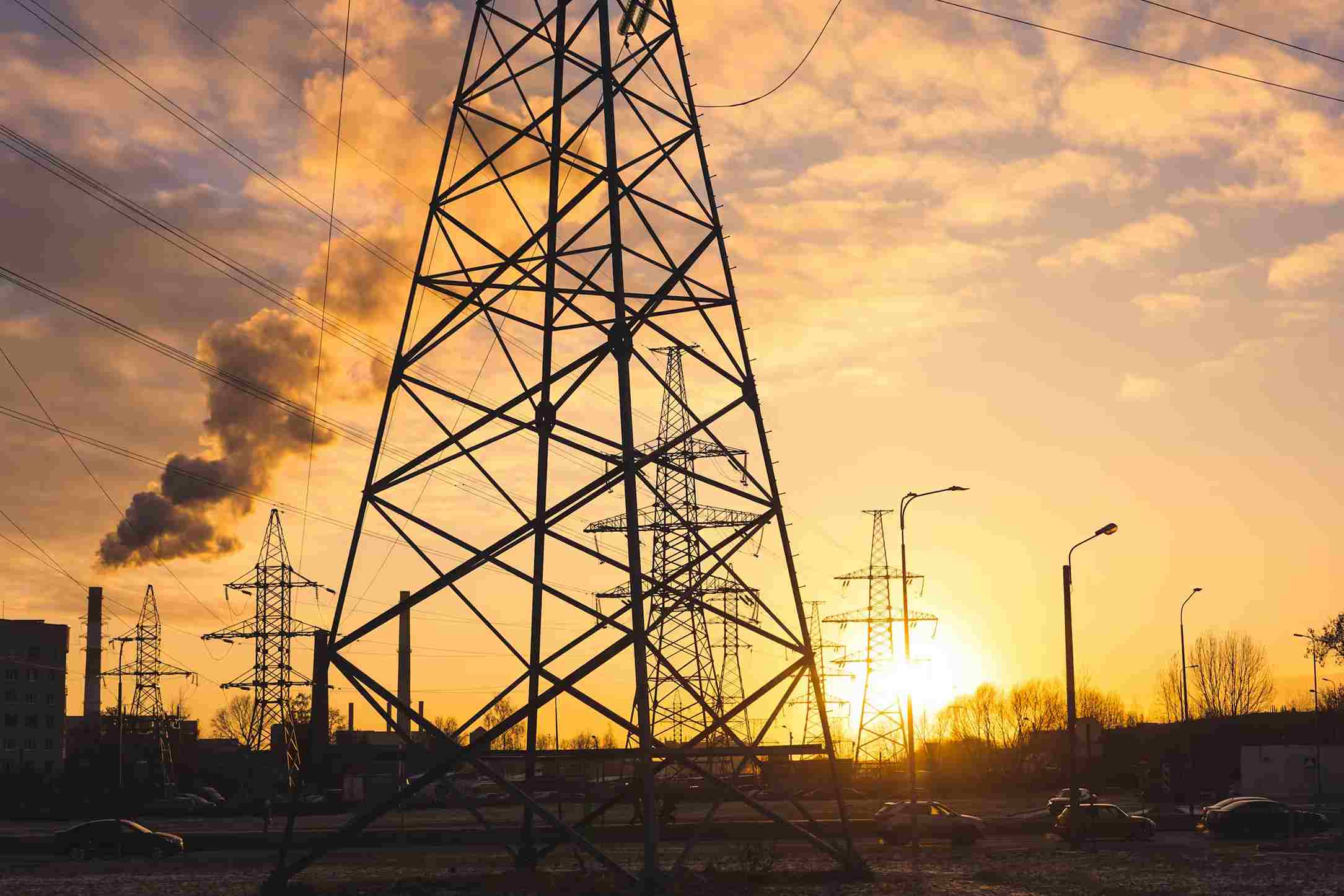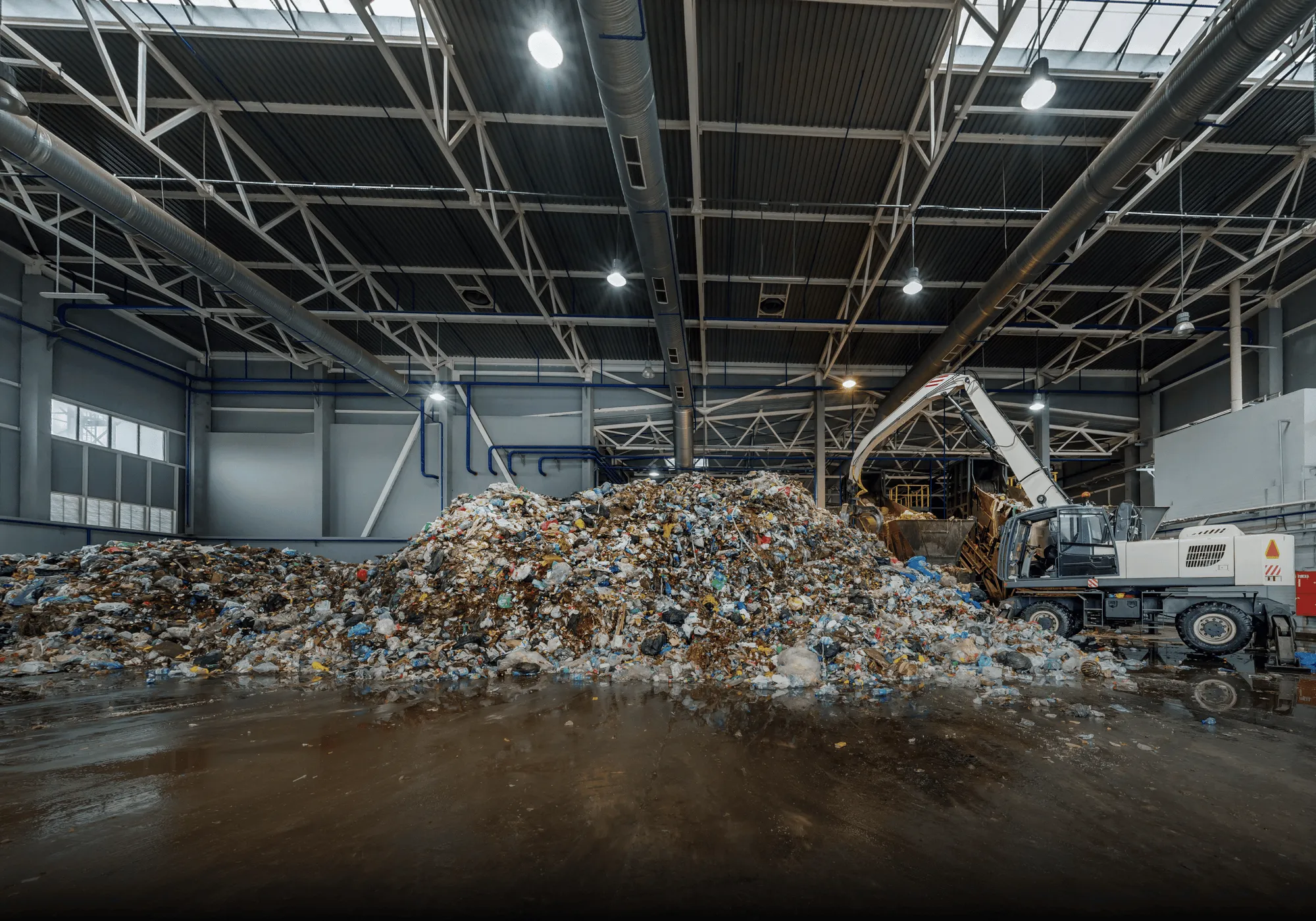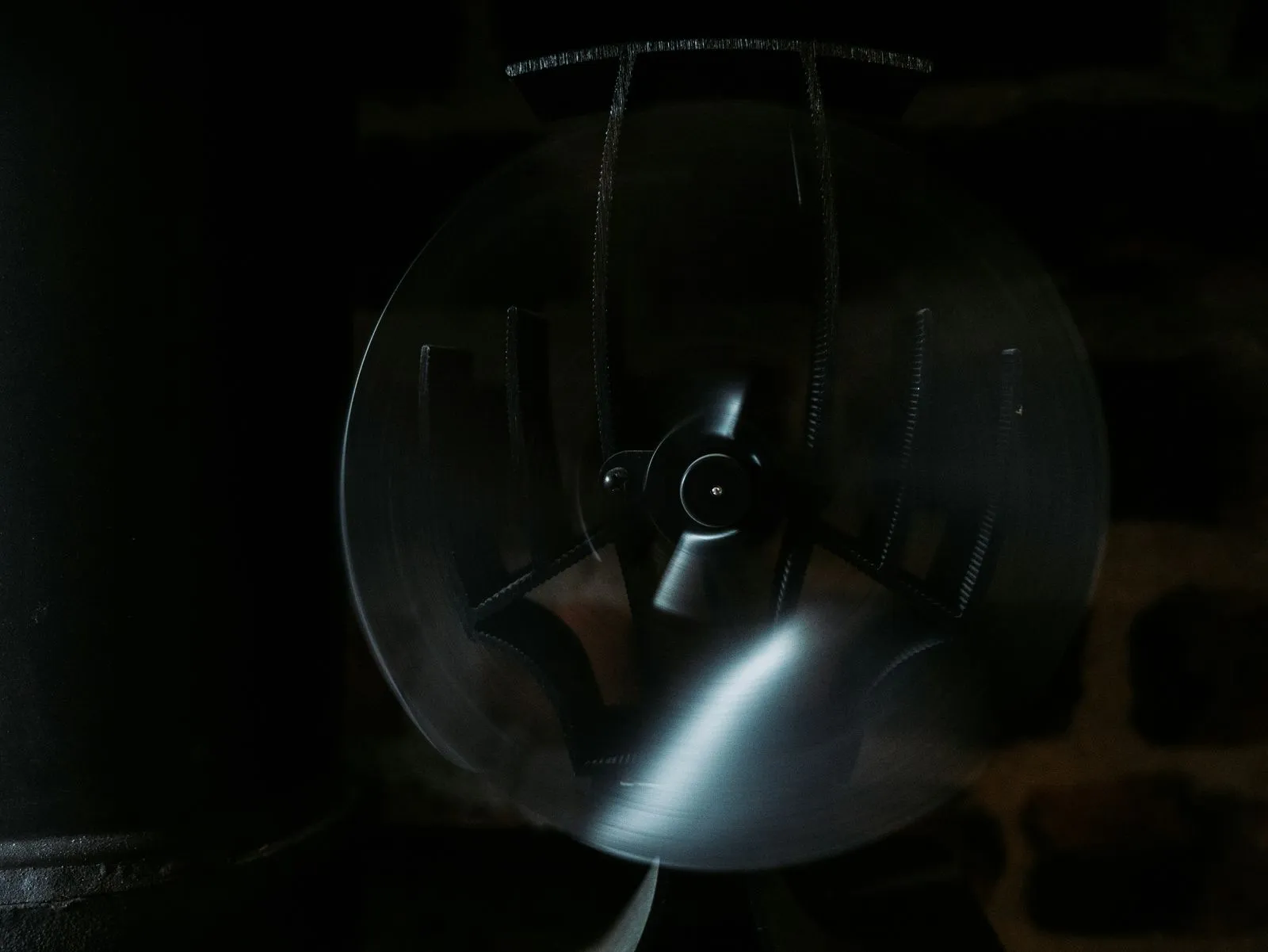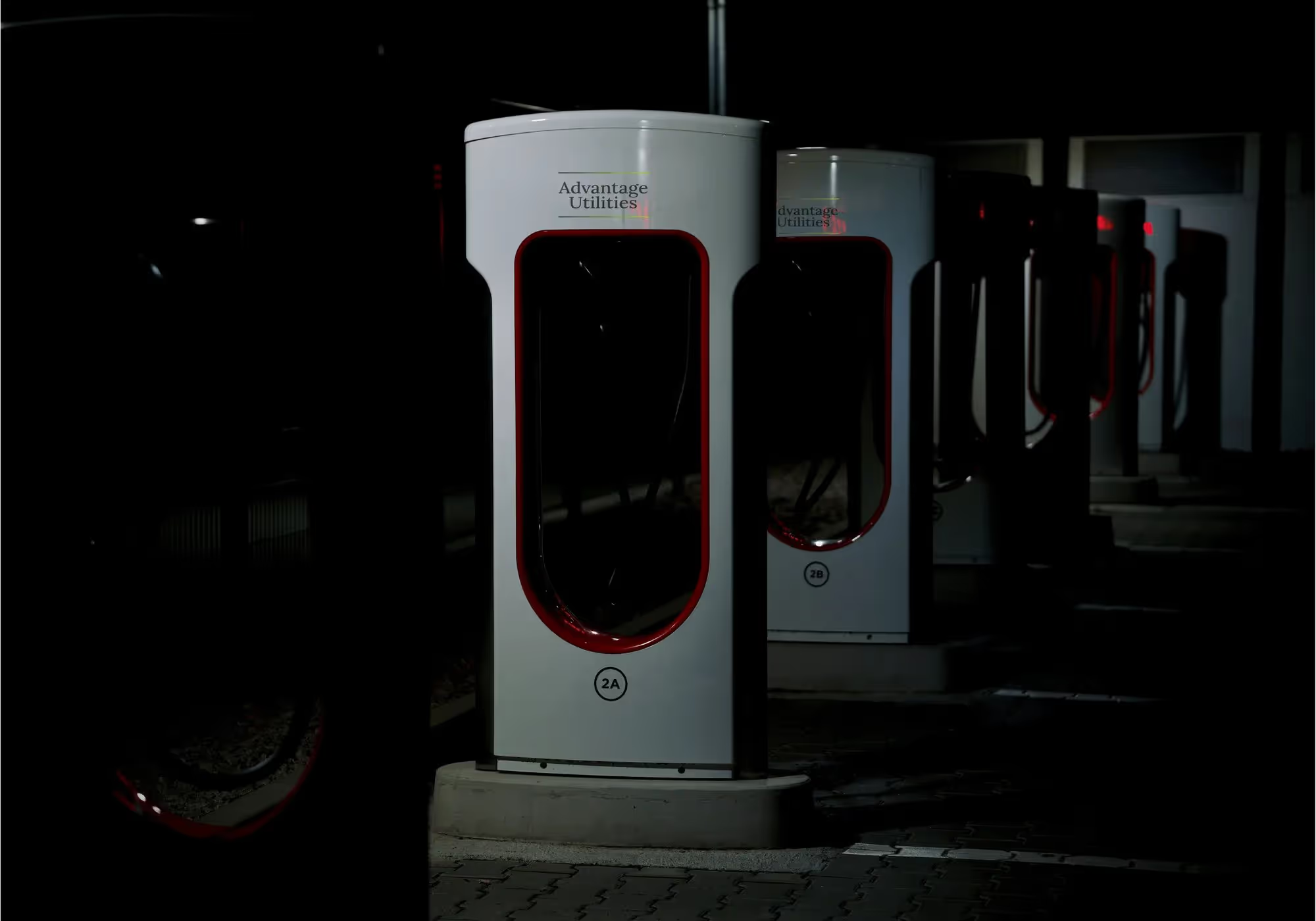We Are A Leading UK Commercial Energy, And Sustainability Consultancy
Uncover Hidden Energy Waste with Our Expert Audits
Reduce energy usage and costs via bespoke business advice
22,000+
Trusted Customers.
20+
Years of experience.
1:1
1-to-1 Support Throughout Your Journey
Let Us Contact You:
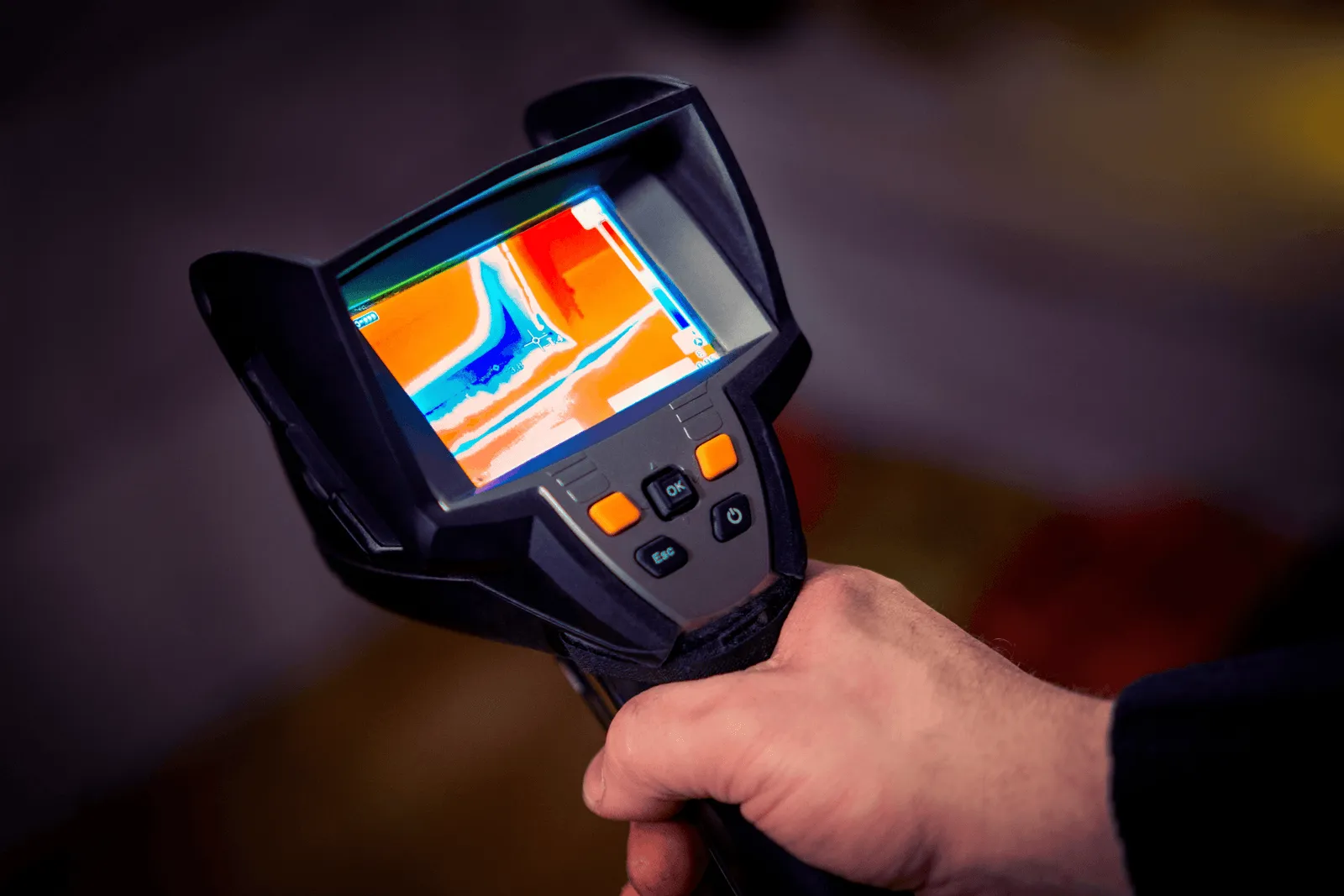
Featured Energy Consultancy




















What is a business energy audit?

Energy audits provide a comprehensive overview of consumption patterns, enabling businesses to reduce usage and costs while contributing to the fight against climate change and supporting the UK’s drive towards greater energy security.
Button TextIs a business energy audit a legal requirement?

For large businesses, current regulations mandate energy audits for companies with 250 or more employees or those with an annual turnover exceeding £44 million and a balance sheet total over £38 million. However, these criteria may evolve, so staying ahead by conducting comprehensive energy audits can save your business time and ensure long-term compliance.
Button TextWhat Types of Energy Audits Are Available?

Energy audits can be tailored to your business needs, ranging from focused site assessments to comprehensive reviews covering most or all aspects of your operations.
Button TextCan Energy Audits Be Customised for My Business?

Yes, every audit is customised to match your specific requirements—whether it’s a detailed assessment of a single site or a full-scale review across your entire organisation.
Button TextWhat’s Included in a Business Energy Audit?

A business energy audit covers a range of essential actions, from compliance management and mapping your total energy consumption to identifying high-usage areas and optimisation opportunities.
Button TextWho Is Qualified to Conduct an Energy Audit?

Energy audits must be carried out by accredited professionals with proven expertise in energy efficiency and management. With over 20 years of experience in commercial energy, Advantage Utilities is uniquely placed to offer expert advice and bespoke solutions for your business.
Button TextWhat Can I Expect from My Energy Audit?

Your audit will uncover opportunities for reducing energy costs, lowering your carbon footprint, and ensuring compliance. It may also suggest renewable energy solutions and long-term strategies to enhance operational efficiency and sustainability.
Button TextHow Much Does an Energy Audit Cost?

Costs vary based on the size and complexity of your site and the scope of work required. For a personalised quote, reach out to the Advantage Utilities team, we’ll be happy to provide further details.
Button TextHow Does an
Audit Work?
An energy audit is one of the quickest and most effective ways to ensure your business meets regulatory requirements while identifying opportunities for savings and efficiency.
The steps to completing an energy audit include:
Appointing an Assessor
Reporting on all energy use including electricity, gas, fleet
Conducting an energy assessment to identify opportunities to increase efficiency
Presenting findings to and achieve sign-off by a director listed on Companies House
Submitting a notification of compliance to the Environment Agency
Energy Specialist Services
Energy, Gas & Water Services
Flexible Energy Procurement

Our dedicated in‑house trading desk lets you take advantage of market movements, spread risk and secure the best deals for your business energy.
Learn moreBusiness Energy Procurement

Specialist energy procurement strategies that secure the best rates, reduce risk, and deliver measurable savings for your business.
Learn moreGreen Energy Contracts

Sourcing your energy from renewable and environmentally friendly sources delivers a range of benefits to your business. We are proud to provide you Green Energy Contract.
Learn moreEnergy Risk Management

Flexible procurement is only as effective as the tools behind it, which is why we pair our trader-led strategy with real-time insight and intelligent control. Our Advantage Logics platform centralises all your utility bills, carbon reporting, and billing workflows in one place, while Advantage Analytics gives you live visibility of energy usage across your sites. Combined with our Market Intelligence & Risk Management service, powered by in-house analysts monitoring the market daily, you gain the full picture, when to buy, how much to use, and where to save. Whether you’re hedging against volatility or timing spot purchases, we give you the data and support to act with confidence.
Learn moreMulti-Site Management

Our 360° approach to multi-site energy management offers a comprehensive solution that covers every aspect of your energy needs.
Our unique combination of procurement strategies advanced monitoring and compliance support ensures that you achieve cost savings, efficiency, and sustainability across all of your locations.
Siteworks & Meter Installation

Our experienced team helps you navigate the energy market with a strategy that suits your needs, whether you value cost certainty, flexibility, or greener options. We’ll guide you through fixed, flexible, and renewable supply choices with clear, impartial advice.
Learn moreSpecialist Services
Our Values
Energy is a major overhead for businesses, yet many want to better understand how to manage it. As a specialist business energy consultancy, we provide clear guidance on selecting the best contract type to help optimise your energy costs.

Knowledgeable
We have advised businesses of all sizes on the best ways to future-proof operations.
Transparent
Clear honest advice, supported by clear financial projections and savings.
Client-focused
Bespoke, proactive, drop-everything level of customer service.
What Our Clients Say About Us
"Advantage not only offered a fully encompassing solution but took over and executed this perfectly. The board have been extremely pleased with the prices Advantage have gained for us and the company has managed to reduce its energy costs by 28% in the first year."
The Group Finance Director
The Caro Group
"You offer a 'drop everything' level of service for all our needs with a single point of contact for us to speak with who understands us and how we work. That attribute is very rare in most companies."
Patrick Flynn, Senior Manager
The Urang Group
"Not only has my account manager allowed me to streamline my utilities, he has made my life so much easier. We achieved an overall 30-40% saving on our bills which made my bosses happy. It's people like him that give companies good names and will keep customers coming back."
Frankie Williamson
EQTR
"I was worried I was going to have a stressful situation on my hands which could have ended up in court — but Advantage Utilities resolved everything for me and managed to secure a considerable refund for me. What a relief!"
Melissa Maini, Director
Commercial & Co.

Speak With Us
We understand the complexities of navigating your energy, book in a time to speak with us below
Book A Consultation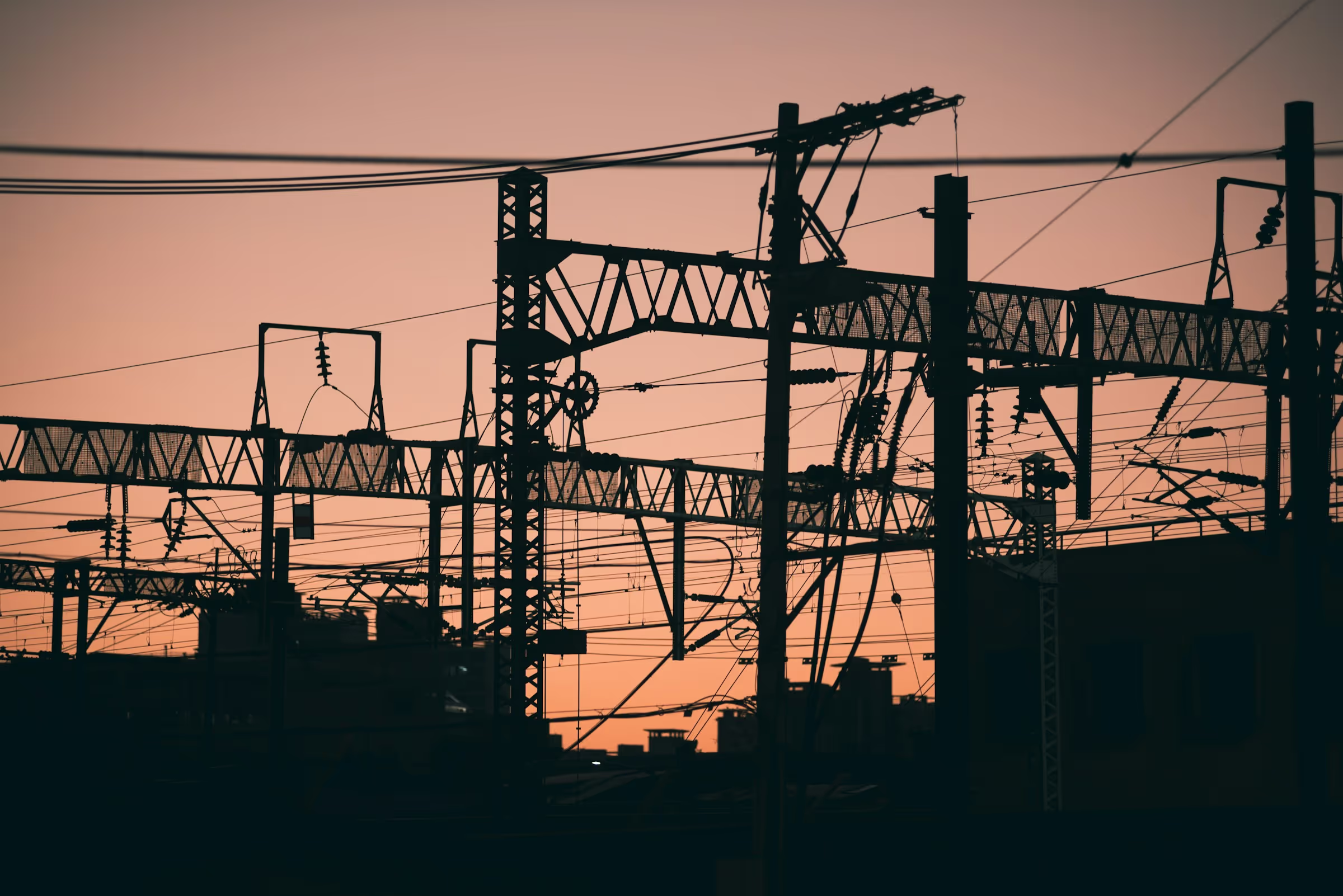

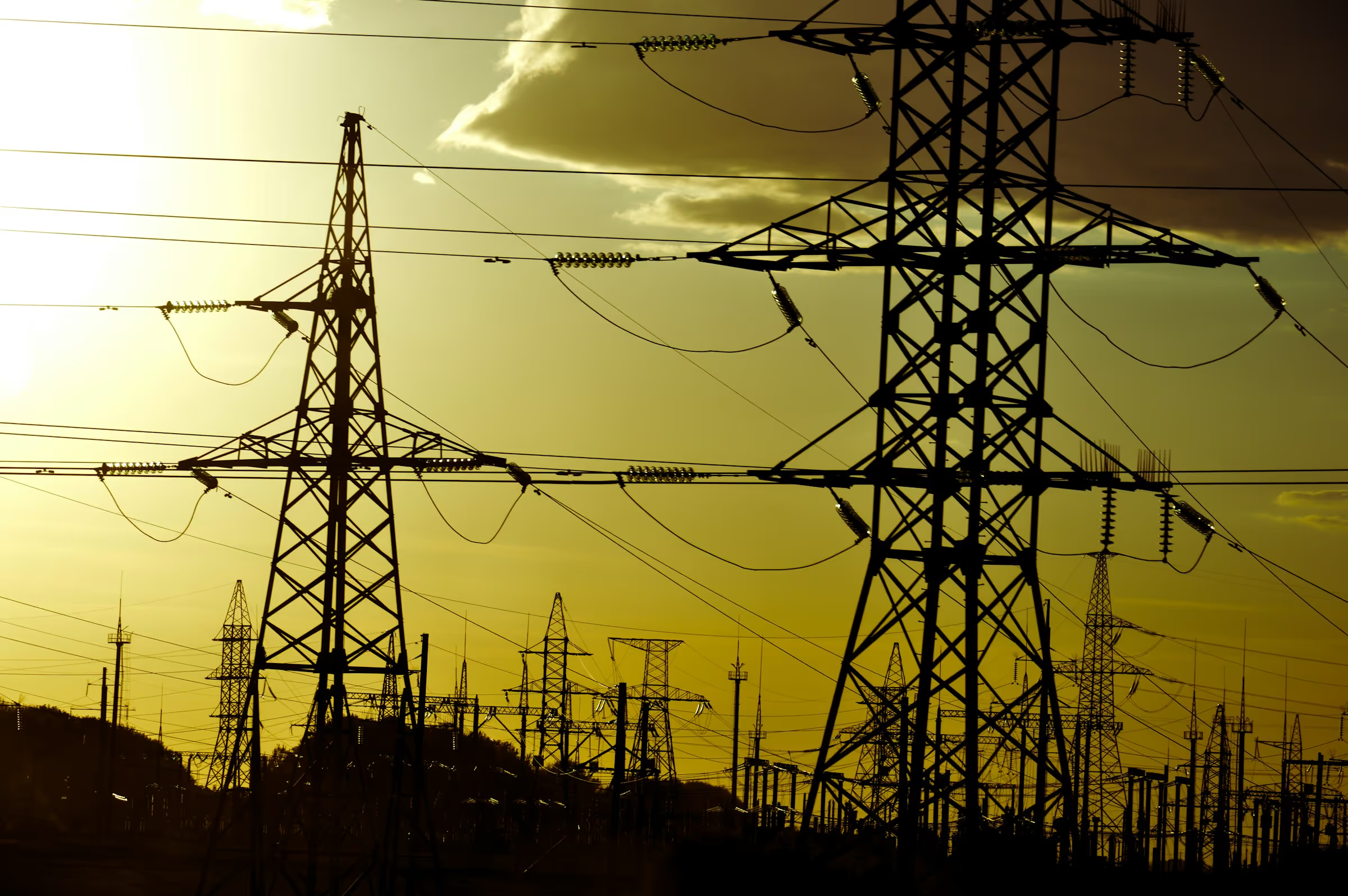


.avif)


